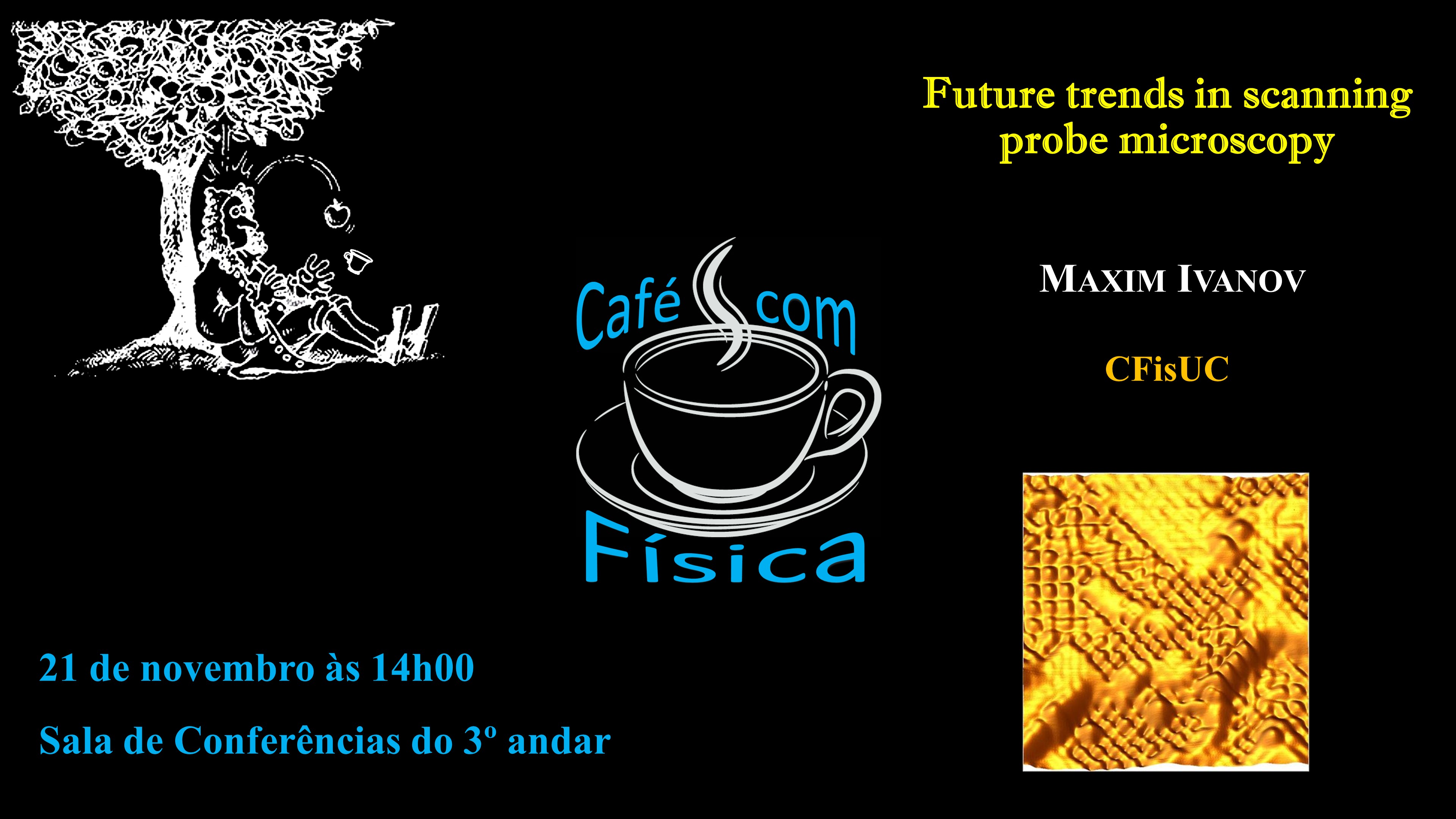Future trends in scanning probe microscopy
by
Sala de Conferências
Departamento de Física

In the last decades, the continuing demand of nanoscale research has urged the materials science community to devote considerable efforts for developing innovative high-tech systems using forward techniques of physical, chemical and biological areas, which simultaneously providing an ability of high temporal and spatial resolutions and demanded to be non-destructive (especially in a trend of bio-inspired and medical objects). However, characterization of innovative key materials relies on a deep knowledge of the basic scientific concepts behind the establishment the dynamic of charge/spin/molecular interactions, which, usually, assumes an atomistic level of study. At this scale, fluctuations in the spatial distribution of local transients introduce the control of the local physicochemical properties of samples and in the nanostructured interface between dissimilar materials. Hence, Scanning Probe Microscopy (SPM) technique plays a significant role and known as one of the most powerful tools for the characterization of material surfaces down to subnanometer scale to explore new physics of magnetic, topological, and/or superconducting states of various materials through the investigation of local atomic and electronic structures. To exert a major impact on material research society the next generation of SPM modes will call for a deeper involvement of multilevel approaches and will foster the use of new algorithms and paradigms towards to material science exploring frontiers in surface- and nano-sciences making it faster, wider in functionality and higher in resolution.
Filipe Veloso e Pedro Costa
